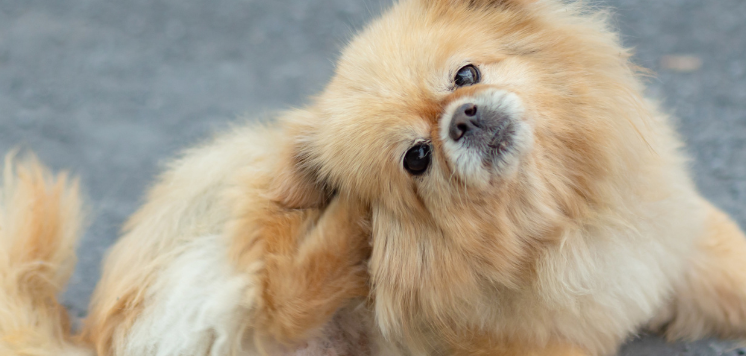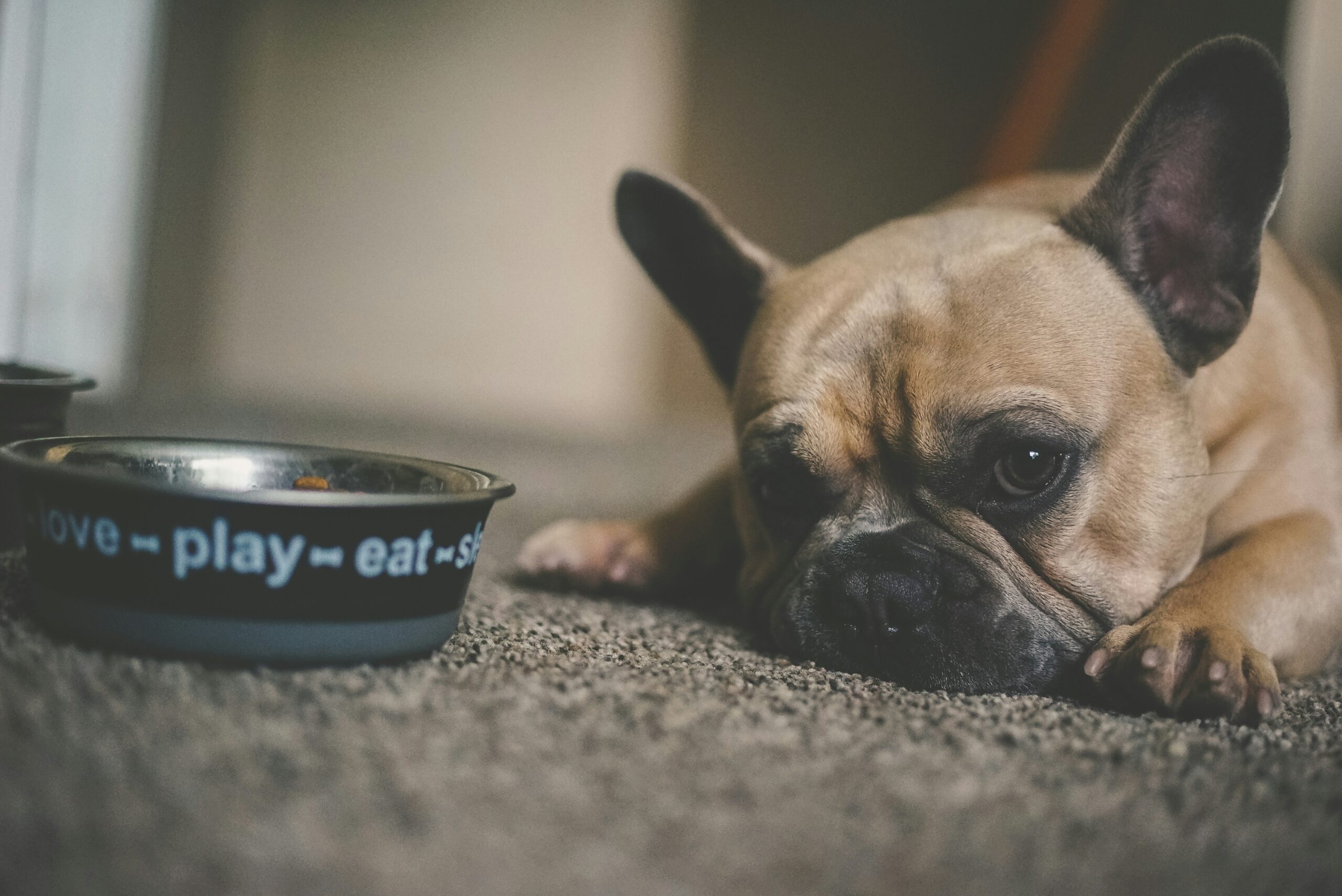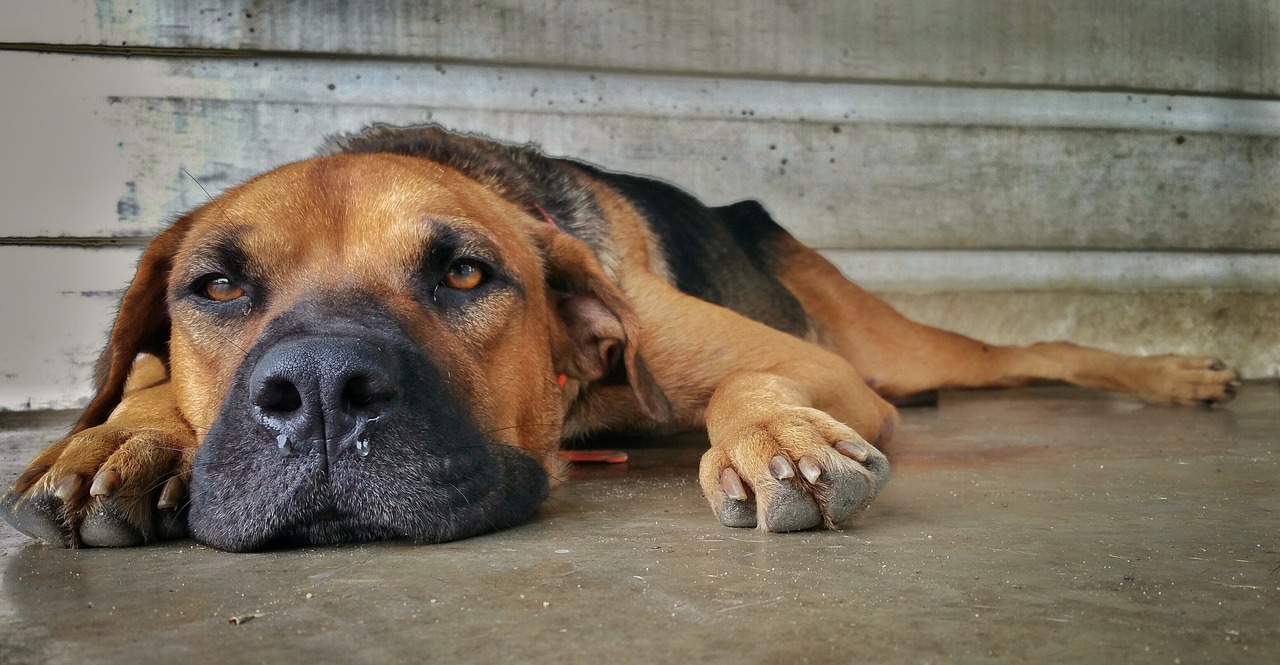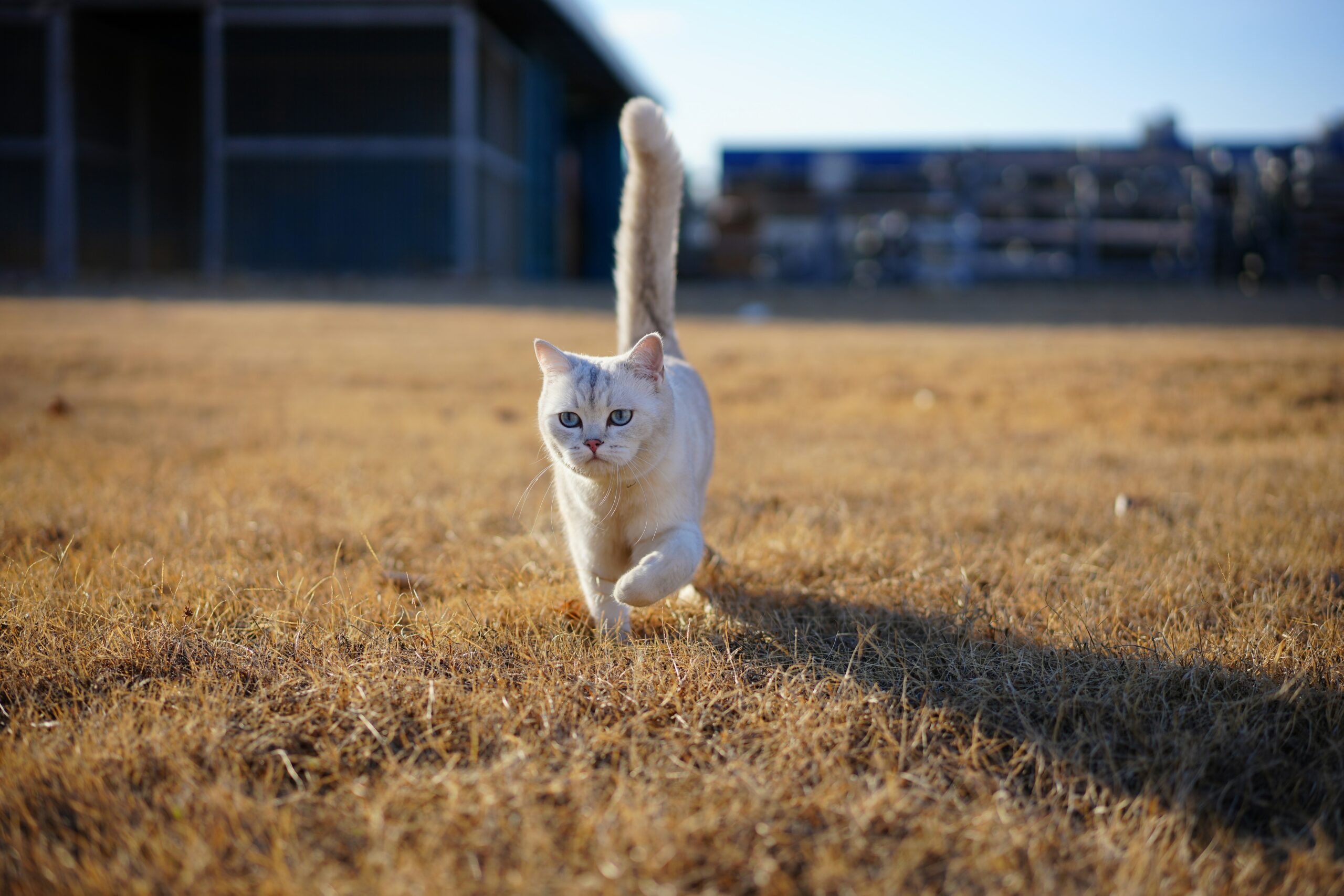Holistic pet care is an approach that considers the overall well-being of an animal rather than just treating symptoms. It integrates natural remedies, proper nutrition, and emotional well-being to support long-term health. For cat and dog owners, holistic care offers alternative and complementary solutions that align with their pets’ natural needs.
Whether it’s improving diet, reducing stress, or using herbal treatments for common ailments, holistic methods can enhance your pet’s quality of life. While traditional veterinary care remains essential, a holistic approach ensures a more balanced and preventative way of keeping pets happy and healthy.
Nutrition and Diet
A well-balanced diet is the foundation of holistic pet care. Many commercial pet foods contain artificial additives, preservatives, and low-quality ingredients that can contribute to allergies, digestive issues, and chronic illnesses. A holistic diet prioritizes whole, natural foods that support optimal health.
For dogs, this might include a mix of high-quality proteins, healthy fats, and fresh vegetables. Cats, being obligate carnivores, thrive on protein-rich diets with minimal carbohydrates. Many pet owners turn to raw or gently cooked homemade diets to provide better nutrition while avoiding unnecessary fillers. When making dietary changes, it’s important to ensure that meals are nutritionally complete—consulting with a vet knowledgeable in pet nutrition can help.
Supplements also play a key role in holistic nutrition. Probiotics support gut health, omega-3 fatty acids promote a healthy coat and joints, and turmeric or glucosamine can aid in reducing inflammation. Tailoring a pet’s diet to their specific needs can prevent health issues and support long-term vitality.
Holistic Pet Care Remedies for Common Ailments
Many pet owners seek natural alternatives to help manage their cat or dog’s minor health concerns. Herbal and homeopathic remedies can provide relief from issues like digestive upset, anxiety, and joint pain without the side effects of some pharmaceuticals.
For digestive health, pumpkin and slippery elm can soothe upset stomachs and aid in digestion. Chamomile and valerian root can help calm anxious pets, whether it’s due to separation anxiety or loud noises like thunderstorms. In cases of joint pain or arthritis, turmeric and green-lipped mussel supplements have been found to have anti-inflammatory properties.
Essential oils, while beneficial for some pets, must be used with caution—many oils, such as tea tree and citrus oils, are toxic to cats. Always dilute and research safe options before use. Additionally, acupuncture and chiropractic care are growing in popularity as effective, natural treatments for pain management and mobility issues in both cats and dogs.
Mental and Emotional Well-Being
Holistic pet care isn’t just about physical health—it also considers emotional and mental well-being. Stress and anxiety can lead to behavioral problems, digestive issues, and weakened immune systems. Creating a calm, enriched environment is essential for a pet’s overall health.
For dogs, mental stimulation through puzzle toys, scent games, and training sessions keeps their minds active and prevents boredom-related behaviors. Cats benefit from interactive play, scratching posts, and vertical spaces to explore, reducing stress and promoting natural instincts.
Aromatherapy using pet-safe essential oils like lavender can create a relaxing atmosphere, though these should be used cautiously around cats. Music therapy, including classical music or species-specific playlists, has also been shown to help reduce anxiety. Additionally, providing a consistent routine and safe spaces in the home can ease stress and make pets feel more secure.
Exercise and Physical Health
Regular exercise is essential for maintaining a pet’s overall well-being, but a holistic approach considers both physical and mental engagement. Exercise routines should be tailored to a pet’s age, breed, and individual health needs to ensure they stay active without overexertion.
For dogs, daily walks, off-leash play, and activities like agility training or swimming can help build strength and flexibility. Holistic approaches like hydrotherapy and massage therapy are excellent for senior dogs or those recovering from injuries, as they provide gentle yet effective ways to maintain mobility.
Cats also need regular exercise to prevent obesity and encourage natural hunting behaviors. Interactive toys, laser pointers, and climbing structures help keep them engaged and physically active. Even simple activities like playing with a feather wand or scattering treats for them to “hunt” can provide both exercise and mental stimulation.
Holistic physical care also includes techniques like massage, which can improve circulation and reduce tension, and chiropractic adjustments, which may help with spinal alignment and mobility issues in both cats and dogs.
Preventative Holistic Pet Care and Immune Support
A proactive approach to health can prevent many common illnesses before they start. Strengthening a pet’s immune system naturally reduces their risk of infections, allergies, and chronic conditions.
One key aspect of holistic preventative care is gut health. A well-balanced microbiome plays a crucial role in immunity, digestion, and overall health. Probiotics and fermented foods like kefir or goat’s milk can promote good gut bacteria, while a high-quality diet ensures essential nutrients support the immune system.
Natural flea and tick prevention methods, such as diatomaceous earth, essential oil-based sprays (safe for dogs but not always for cats), and herbal flea collars, offer alternatives to chemical treatments. Regular grooming, including brushing and checking for parasites, also contributes to overall health.
Environmental detoxification is another important factor. Many conventional cleaning products contain chemicals that can be harmful to pets. Using natural, pet-safe cleaners and avoiding artificial air fresheners can create a healthier home environment.
Integrating Holistic and Traditional Veterinary Pet Care
Holistic pet care does not mean rejecting conventional veterinary medicine—it means combining the best of both worlds. Traditional veterinary care is essential for emergencies, diagnostics, and certain medical treatments, while holistic methods can provide natural, preventative, and complementary support.
A holistic-minded veterinarian can guide pet owners in integrating natural remedies alongside conventional treatments. For instance, acupuncture or CBD oil may be used alongside prescribed pain medications to help manage arthritis in older pets. Likewise, herbal supplements can support recovery after surgery or illness.
It’s important to communicate openly with your vet about any holistic treatments you’re considering. Not all natural remedies are safe for all pets, and some can interact with medications. By working together, pet owners and veterinarians can create a well-rounded health plan tailored to their pet’s unique needs.
Conclusion
Holistic pet care offers a comprehensive way to support the long-term health and happiness of cats and dogs. By focusing on proper nutrition, natural remedies, mental and physical well-being, and preventative care, pet owners can create a balanced lifestyle that promotes vitality.
While holistic care provides many benefits, it works best when integrated with traditional veterinary care. A thoughtful approach that combines natural solutions with professional medical guidance ensures pets receive the best possible care.
Whether you’re looking to improve your pet’s diet, introduce herbal supplements, or explore alternative therapies like acupuncture and massage, holistic methods can help enhance your furry friend’s quality of life. With the right balance, you can create a healthier, happier life for your pet—naturally.






